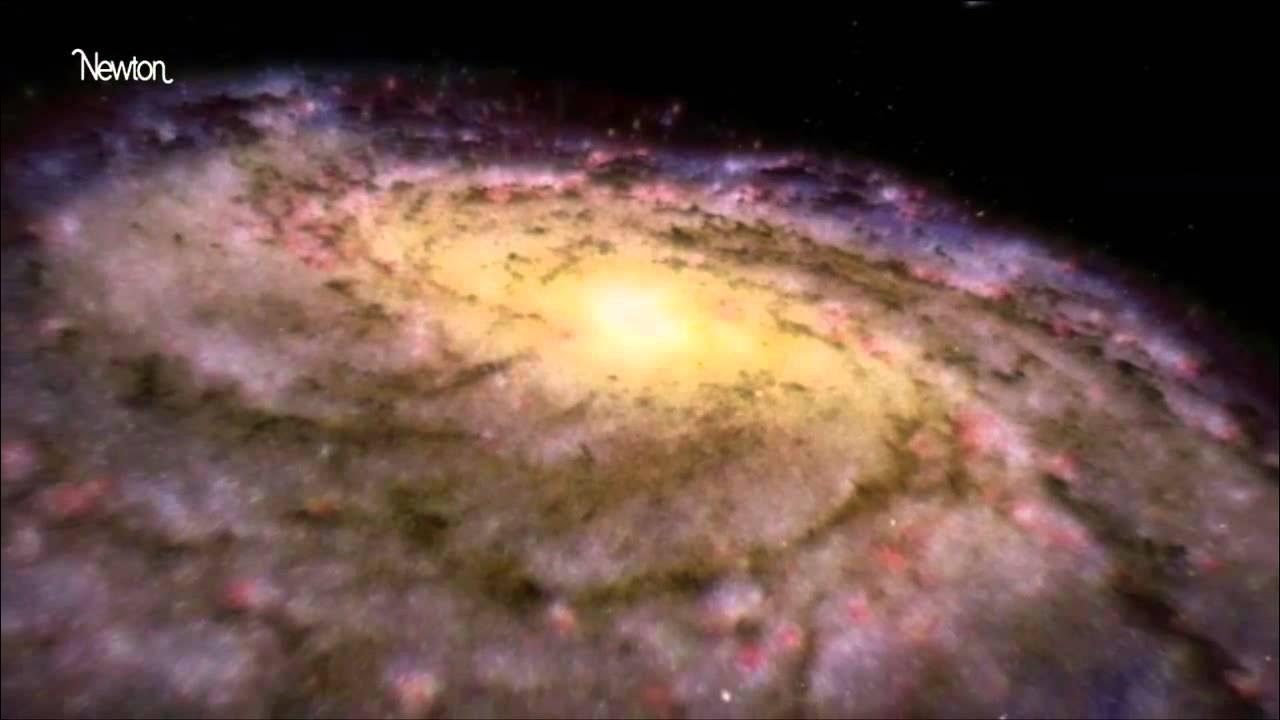El tiempo: la historia y el futuro de todo
Summary
TLDRThis video explores the vastness of human history and the universe, emphasizing our perception of time. It reflects on significant events from the last century, including wars, technological advancements, and environmental challenges. The narrative illustrates how brief human existence is compared to the age of the Earth and the universe, highlighting key milestones like the Industrial Revolution and the dawn of civilization. Looking ahead, it discusses the eventual fate of the Earth and the universe, urging viewers to appreciate the present moment and make their lives meaningful. The video concludes with a call to support its creators, underscoring the value of community engagement.
Takeaways
- ⏳ Time is perceived differently depending on the scale we consider; small intervals feel more manageable than vast periods.
- 🌍 Recent history has been shaped by significant events, such as 9/11 and the wars in Afghanistan and Iraq.
- 🕰️ The 21st century is still young, with many born in the early years now entering adulthood.
- 💻 The internet has transformed communication and culture, leading to both positive and negative consequences.
- 🔬 The theory of evolution and scientific advancements, like Newton's gravity, have profoundly changed our understanding of humanity.
- 📅 Human history is marked by significant milestones, including the establishment of writing and agriculture over thousands of years.
- 🐾 The extinction of various human species highlights our unique evolutionary path over the last 200,000 years.
- 🦖 Dinosaurs ruled the Earth for 165 million years before their extinction, showing the vastness of geological time.
- 🌌 The universe is approximately 13.8 billion years old, with our solar system forming much later.
- 🚀 The future of Earth and humanity may depend on venturing into space as the sun will eventually make life unsustainable.
Q & A
How does the perception of time change when considering small versus large time scales?
-When we think in small doses, like minutes or hours, time seems manageable and meaningful. However, contemplating larger periods, such as years or centuries, makes it difficult for our brains to grasp the enormity of it.
What significant events have shaped the early 21st century according to the script?
-The early 21st century has been shaped by events such as the 9/11 attacks, leading to wars in Afghanistan and Iraq, the ongoing Syrian civil war, and cultural phenomena like the rise of the internet and social media.
What key milestones did the 20th century achieve?
-The 20th century witnessed two world wars, the Cold War, the advent of nuclear weapons, the space race, the invention of the internet, and the emergence of social media platforms like Facebook and Twitter.
How does the lifespan of modern humans compare to historical timelines?
-The average modern human lives about 79 years, which is a significant period in human history. For instance, the oldest living person, Kane Tanaka, born in 1903, is closer in time to the era of Napoleon than to today's world.
What impact did the Industrial Revolution have on society?
-The Industrial Revolution transformed the world into a hub of progress, shifting populations from agricultural work to industrial jobs and facilitating the widespread distribution of knowledge.
What are some key events from earlier historical periods mentioned in the transcript?
-Notable events include Columbus discovering America, the fall of Constantinople marking the end of the Middle Ages, and the devastating impact of the Black Death in Europe.
What major developments occurred 12,000 years ago?
-Around 12,000 years ago, humans began organizing into societies, building the first temples, and establishing farms worldwide, leading to the formation of large communities.
How does the script describe the evolutionary timeline of life on Earth?
-Life on Earth began approximately 4.1 billion years ago, starting with unicellular organisms. Over time, various life forms evolved, leading to the dominance of fish, insects, reptiles, and eventually mammals.
What does the script say about the future of the Earth and the universe?
-The script predicts that in about a billion years, life on Earth will become impossible due to the sun's increasing heat, and eventually, the universe will reach a 'heat death' stage where nothing will change or exist.
What philosophical perspective does the script offer about the present moment?
-The script emphasizes the importance of the present, encouraging individuals to seize the moment and make meaningful choices, as the only time that truly matters is now.
Outlines

Этот раздел доступен только подписчикам платных тарифов. Пожалуйста, перейдите на платный тариф для доступа.
Перейти на платный тарифMindmap

Этот раздел доступен только подписчикам платных тарифов. Пожалуйста, перейдите на платный тариф для доступа.
Перейти на платный тарифKeywords

Этот раздел доступен только подписчикам платных тарифов. Пожалуйста, перейдите на платный тариф для доступа.
Перейти на платный тарифHighlights

Этот раздел доступен только подписчикам платных тарифов. Пожалуйста, перейдите на платный тариф для доступа.
Перейти на платный тарифTranscripts

Этот раздел доступен только подписчикам платных тарифов. Пожалуйста, перейдите на платный тариф для доступа.
Перейти на платный тарифПосмотреть больше похожих видео

Apakah Waktu Ada Ujungnya?

Filósofo (ATEU) Clóvis de Barros Filho, reconsiderá o fato de NÃO acreditar em DEUS

Carl Sagan's Pale Blue Dot OFFICIAL

How big is the universe ... compared with a grain of sand?

You Are Not Where You Think You Are

Rahul Mishra Haute Couture | Spring/Summer 2025 | Haute Couture Week
5.0 / 5 (0 votes)
